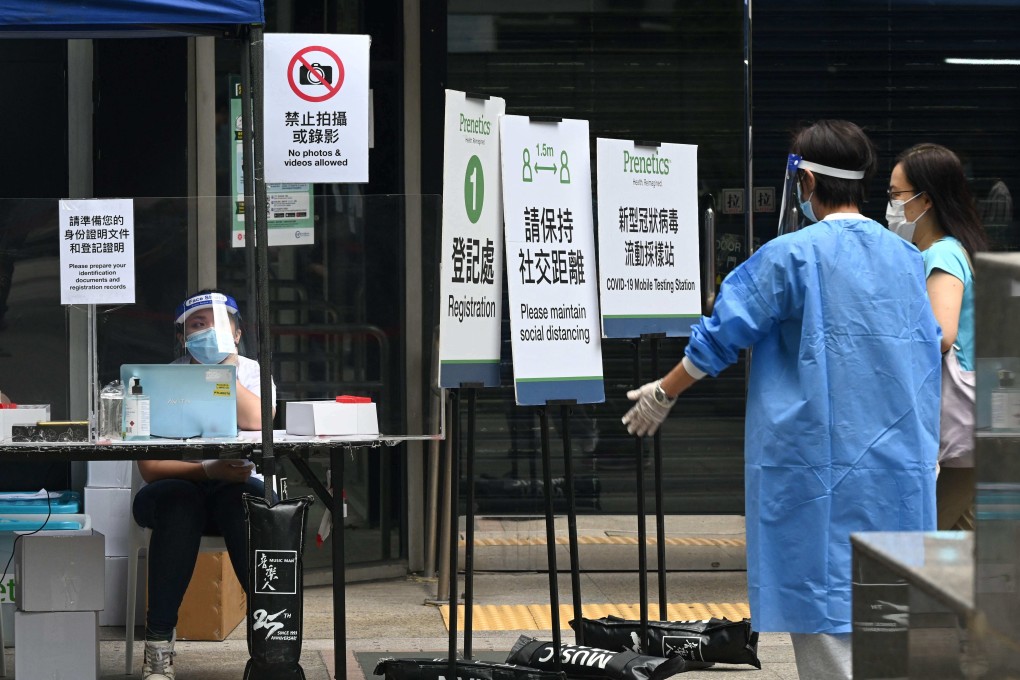Editorial | Confidence of public rests on testing labs showing right results
- Errors, including the reporting of 28 false positives, have come at a time when health authorities are striving to prevent a resurgence of Covid-19 infections in the face of complacency and caution by the people

The integrity of sample testing at laboratories for the coronavirus infection is paramount. The results help guide the immediate frontline response to the Covid-19 pandemic and the formulation of government policy. There is no room for error. Yet, because testing involves professional and support staff handling a constant workload under pressure, error is to be expected sooner or later.
Mainland-backed testing firm HK BGI, one of three operating in Hong Kong, is a case in point. In the latest instances of error involving its laboratory, retesting revealed at least 26 cases of false preliminary positives on one day last week, and a helper who repeatedly tested negative at a quarantine hotel was found to have a highly infectious mutated strain of Covid-19 after moving in with her employer. One theory about the false positives, pending the results of an inquiry, is that they arose from cross-contamination of laboratory samples.
This does nothing for confidence in a testing regime fundamental to Hong Kong’s pandemic response. The authorities have suspended BGI’s right to operate mobile testing stations until an investigation is completed. BGI will still be allowed to operate seven community testing centres, a third of the city’s total, to avoid any disruption of test results. The timing is unfortunate, as health authorities strive to prevent a resurgence in infections in the face of complacency and caution. The take-up of voluntary vaccinations – the only path towards a return to normal life – is disappointing as people adopt a “wait and see” attitude to the benefits and possible side effects.
The city simply cannot afford this kind of error when it does not have unlimited testing resources. Every effort must be made to eliminate mistakes. That said, procedural errors in testing laboratories are not confined to Hong Kong. A laboratory in Ontario, Canada, has just delivered false negative results to 16 infected people because of a processing error. Reports of testing procedural errors elsewhere, including the United States, are commonplace. The caseloads may be greater, but the pressure on testing laboratories and staff is relative.
The public may expect the government to show zero tolerance to such errors amid a public health emergency. But the reality is that there are so few laboratories for so many individual tests that the government does not have a viable choice to terminate the services of one over an isolated bungle, even if it were not the first.
That said, there is no need to wait for the result of the investigation to conclude that there is a strong case for reviewing testing processes, from sample swabbing to laboratory practices to the checking of results, and strengthening the system. Apart from the question of public confidence it is a waste of public resources if people are wrongly put into quarantine.
